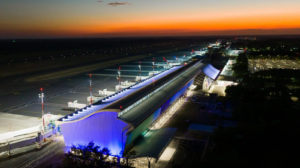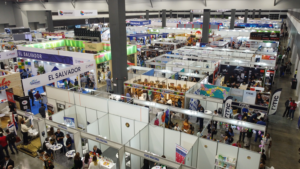The Economic Commission for Latin America and the Caribbean (ECLAC) revealed that in 2024 foreign direct investment (FDI) inflows in the region reached US$188.962 billion, representing an increase of 7.1% over 2023. This figure accounted for 13.7% of gross fixed capital formation and 2.8% of regional GDP, although both indicators remain below the averages recorded in the past decade.

The increase was mainly driven by the reinvestment of profits of established transnational companies, while the arrival of new capital continues to stagnate. In addition, project announcements were favored by increased investment in hydrocarbons, to the detriment of sectors such as renewable energies and high-tech industries.
Brazil and Mexico led as investment destinations, attracting 38% and 24% of the regional total, respectively. Colombia, Chile, and Argentina completed the top five, although with decreases compared to the previous year. In terms of sectors, manufacturing (43.6%) and services (40.4%) accounted for an almost equal share of investment, while natural resources accounted for only 16%.

The United States consolidated its position as the largest investor in the region with 38% of flows, followed by the European Union (15%) and Latin America and the Caribbean (12%). Investments from China remained low (2%), due to their indirect registration through third countries or modalities other than traditional FDI.
ECLAC also highlighted the region’s role in the critical minerals sector, especially lithium and copper, with 1,152 investment announcements for a value of US$230,065 million between 2005 and 2024. However, he warned that the mining potential has not led to greater productive diversification or an increase in value added in exports, due to the weak articulation between development policies and investment attraction.

In terms of digital transformation, only 7% of global FDI flows associated with this area went to Latin America and the Caribbean. Investments were concentrated in communications and software/IT services, with Brazil, Mexico, Argentina, Chile, and Colombia being the main recipients. ECLAC proposes aligning investment strategies with digital policies to increase effectiveness and generate quality jobs.







